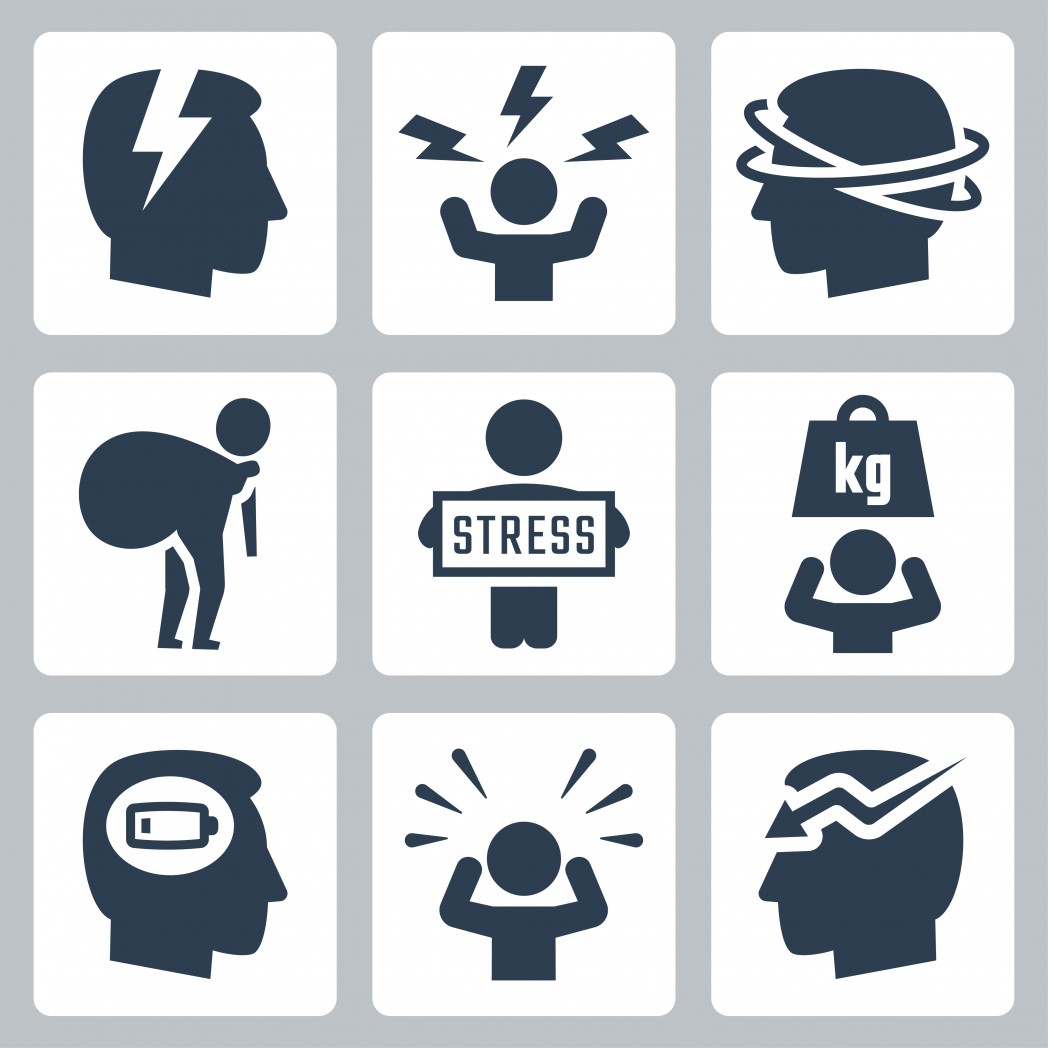Psychological Disorders Increase Hospital Readmission Rates in COPD Patients

In a new study entitled “Association of psychological disorders with 30–day readmission rates in patients with Chronic Obstructive Pulmonary Disease,” authors at The University of Texas Medical Branch (UTMB) investigated if psychological disorders such as depression, anxiety or alcohol abuse are associated with an increase in COPD patients early readmissions to hospital care. The study was published in the journal CHEST.
Chronic obstructive pulmonary disease (COPD) is characterized by chronic obstruction of lungs’ airways, making it difficult for patients to breathe. The disease often escalates to periods defined as acute exacerbation of COPD where patients experience worsening of their symptoms – usually increased frequency and severity of shortness of breath and coughing – and are the main reason for patients’ hospitalizations. Patients return to hospitals (one in every five of these patients) within 30 days after discharge.
The reasons underlying early readmission are complex and probably due to multiple causes, including disease severity and the existence of other illnesses; patients follow up and psychological disorders. These are particularly prevalent among COPD patients, with approximately 55 percent of COPD patients suffering from depression or anxiety. However, how psychological disorders impact COPD patients’ early readmissions to the hospital is currently far from understood.
In this current research, authors at The University of Texas Medical Branch (UTMB) in Galveston investigated this observation between 2001 and 2011. During this period, they accounted for 135,498 hospitalizations due to COPD, with 30,218 (22.30%) patients experiencing psychological disorders (either depression, anxiety, psychosis, alcohol or drug abuse). The team observed that these patients had 5 to 14% higher odds for 30-day readmission when compared to patients without these conditions. Consequently, they observed that these patients’ early internment was extended for longer periods of time and a lower rate for outpatient follow-up visits (in 30 days after discharge).
These findings suggest that COPD patients with a varied range of psychological conditions (depression, anxiety, psychosis, alcohol or drug abuse) are associated with higher early readmission rates.
Gurinder Singh, study first author and a fellow in the UTMB department of internal medicine, commented, “This is likely related to the limited ability of these patients to handle the COPD, poor social support or community resources and non-adherence with treatment. Because of the complexity of this situation, hospitals and health-care providers need more guidance to reduce readmission in patients with COPD, and it may not be practical to penalize hospitals for higher early readmission rates. More studies are needed in this area.”






